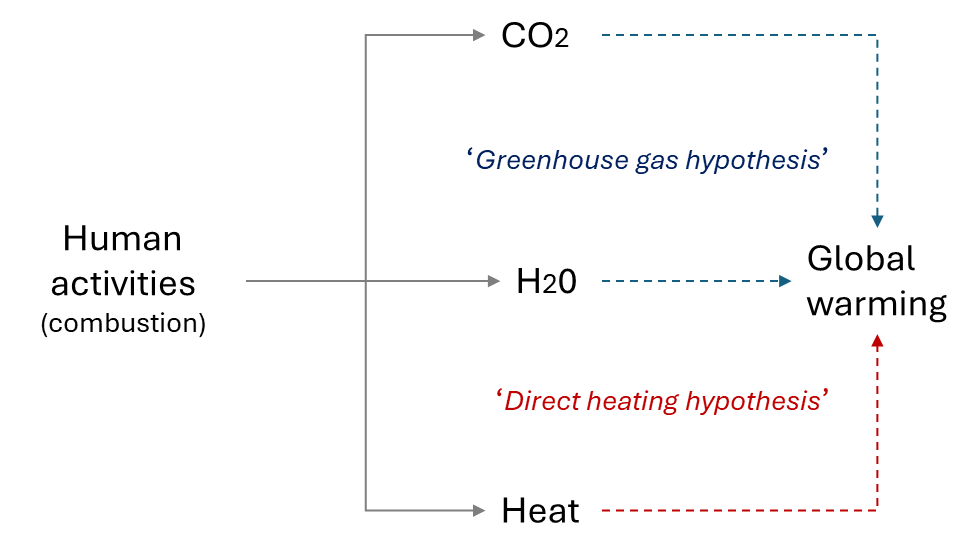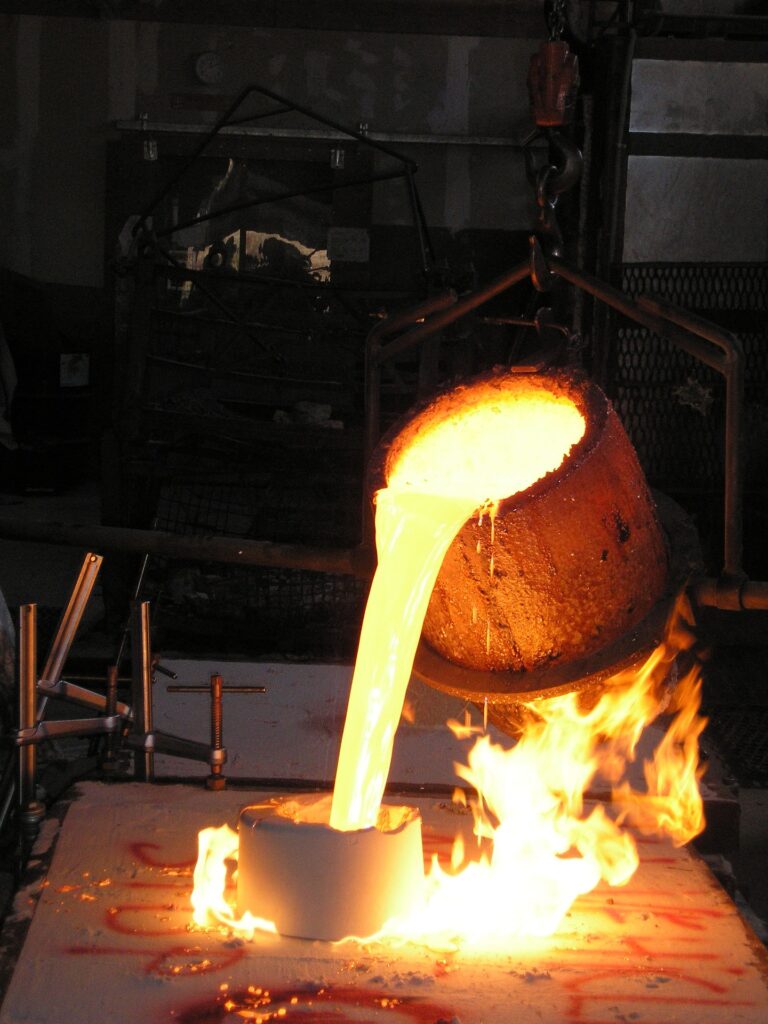IGCT is a group of researchers with very different backgrounds interested in understanding the causes of climate change. The members think that the explanation must be based on fundamental principles of physics.
The current dominant IPCC hypothesis is based on weak correlations between greenhouse gases and atmospheric temperature without taking into account the contribution of anthropogenic heat release.
IGCT discusses this topic from different perspectives aiming to a better understanding of the thermodynamic processes causing climatic changes.

We know that the increase of use of fossil fuels has resulted in higher CO2 concentrations in the atmosphere, but we also know that combustion releases water vapour and, more importantly, it releases heat that, when unused, increases directly air temperature, following the first law of thermodynamics.
This waste heat effect has been overlooked by the climate change society. The group proposes a thermodynamic approach to investigate the contribution of waste heat to global warming.
The consequences of considering waste heat are important. Waste heat results not only from burning fossil fuels but also from any other energy sources. For example, nuclear energy, that is a solution to produce energy without releasing “greenhouse gases”, will also result in the production of “waste heat”. Are we doing the right thing?
The main objectives of the international agreements to limit the increase in global temperature change in surface air, land and oceans continue to be completely valid. More rapid and strong action focused on reducing “waste heat” by consuming less energy and/or by increasing energy conversion efficiency.
This new perspective should impact on all energy consuming activities, including industry.
